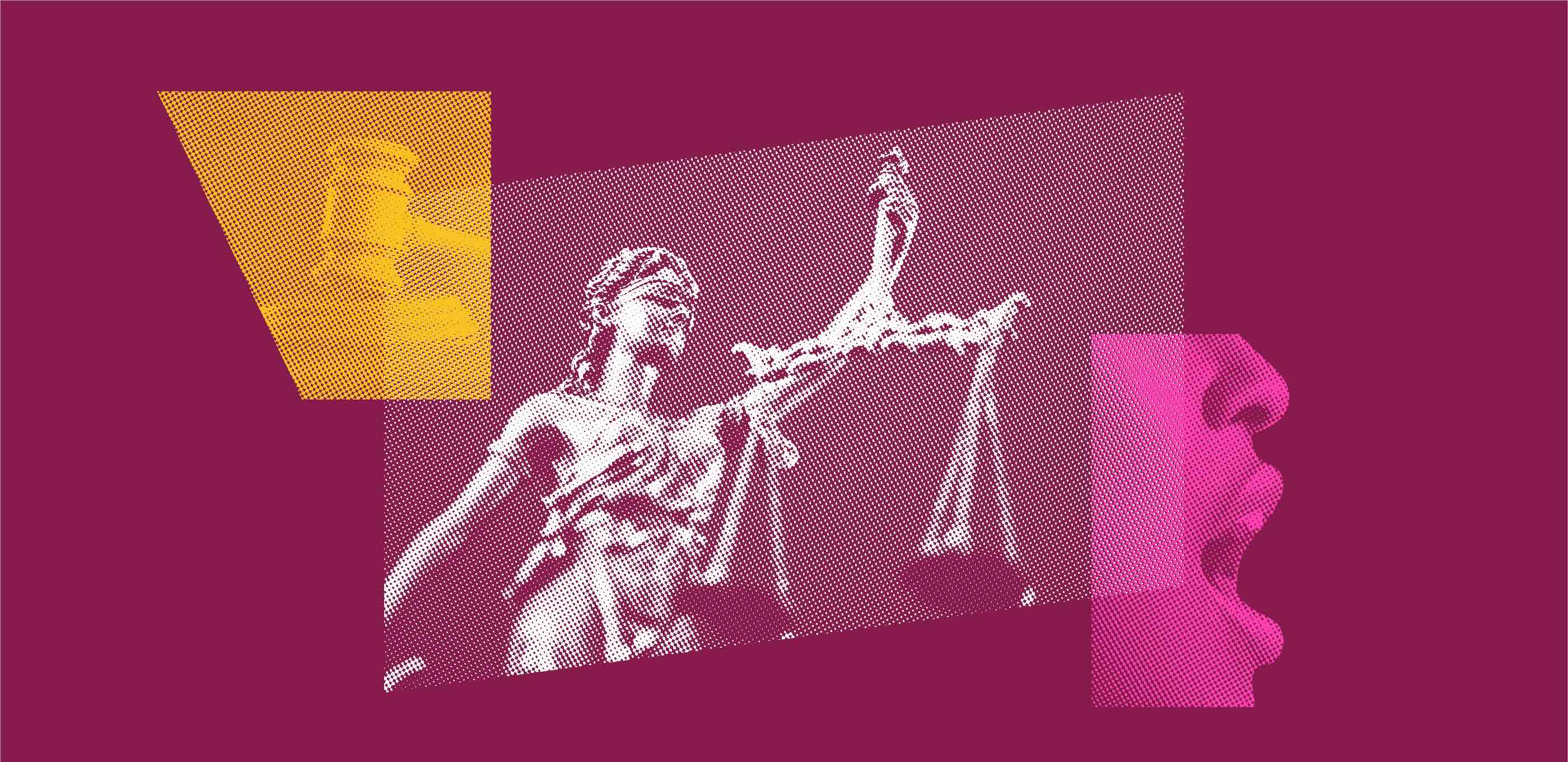
Weaver v. Massachusetts
What's at Stake
Whether, when defense counsel in a criminal trial, through constitutionally deficient performance, fails to object to “structural error,” the prejudice required to show ineffective assistance of counsel is presumed and thus shown as a matter of law.
Summary
Criminal defendants who on appeal show “structural constitutional errors” -- such as the denial of a right to public trial, the denial of a jury trial, and the denial of an impartial judge – are entitled to relief without their claims undergoing the “harmless error” test ordinarily applied to constitutional trial error. Kentel Weaver was convicted of murder in a Massachusetts in a trial where the judge shuttered an entire day of jury selection from the public, and Weaver’s lawyer incompetently failed to object to the constitutional denial of his right to a public trial. When Weaver sought a new trial because of his attorney’s incompetent failure to object, the Massachusetts courts denied relief because he could not prove that this error affected the outcome of his trial. The question the case raises is whether Weaver and similarly-situated defendants deprived of effective trial counsel must prove case-specific prejudice when their lawyers fail to object to structural errors, whose prejudice is by definition unquantifiable. With the Massachusetts affiliate, the ACLU amici brief argues that prejudice should be presumed in these circumstances because specific prejudice, i.e., an effect on the outcome, is impossible to prove. Through case examples of structural errors, the brief shows why requiring a case-specific prejudice would unfairly pose an insurmountable obstacle to relief, and that such a rule would disproportionately hurt poor people who are more likely to be represented by constitutionally deficient lawyers.
Legal Documents
-
03/07/2017
Weaver v. Massachusetts - Amici Curiae
Date Filed: 03/07/2017
Download Document